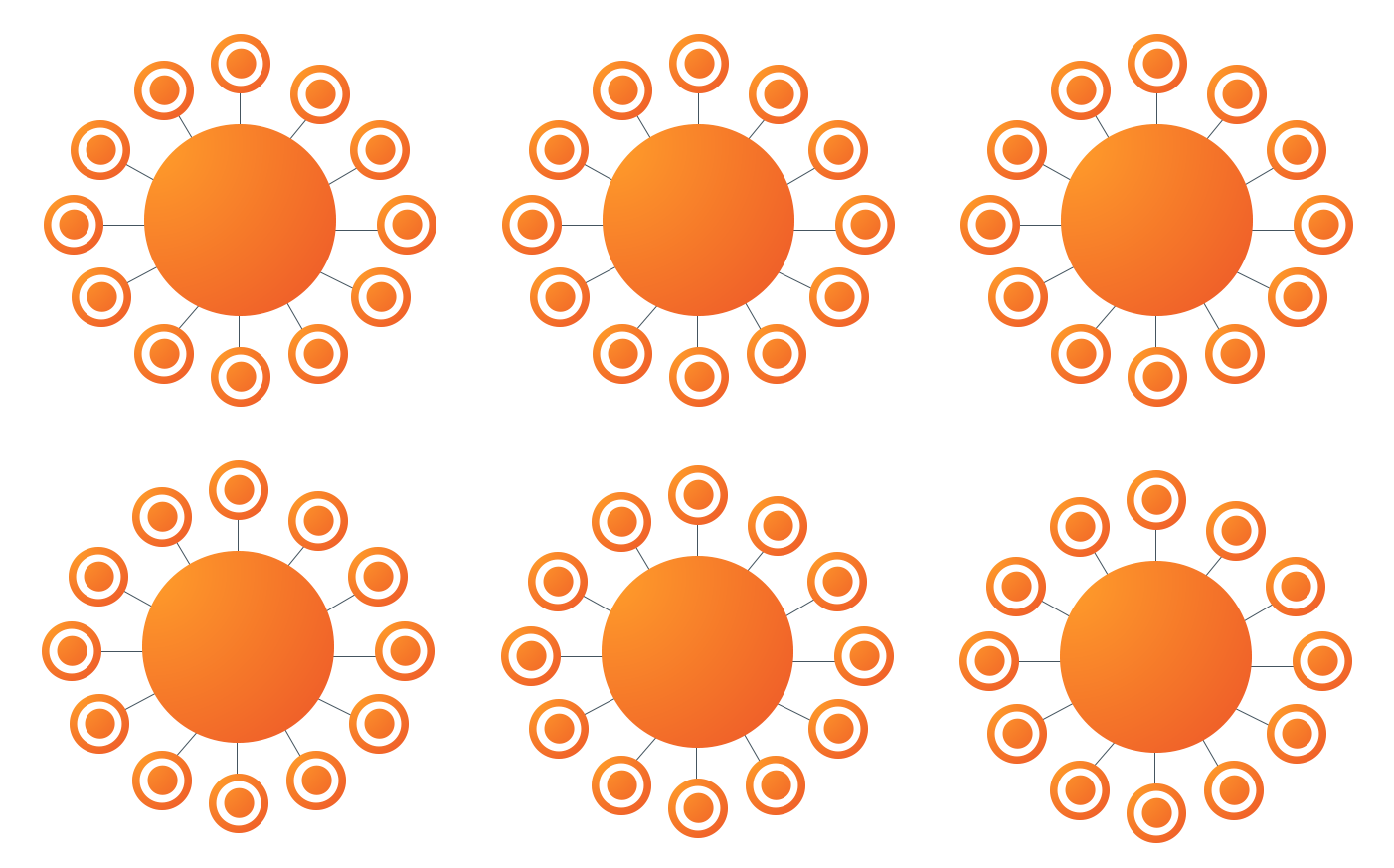Important search engines like Google have changed their algorithm to favor topic-based content. As a result, SEOs are exploring a new way of linking related content under a “topic clusters” model. This report serves as a tactical primer for marketers answerable for SEO strategies.
What Are Topic Clusters and Why Should I Care?
Without going into too much detail, a topic cluster is a way of grouping content. A topic cluster consists of a interior topic “pillar page” and related subtopic content pages. The content pages link back to the pillar page and also to each other.
While you cheerfully (or apathetically) browse the web, many companies are quietly reconfiguring their WebPages in the background. Why? Because competition today to get found in search engine results is intense, and as a result, SEO practices have evolved to a new model being leveraged by many content-focused websites.
SEO is now variable to a topic cluster model, where a single “pillar” page acts as the main hub of content for a overarching topic and multiple content pages that are linked to that same topic link back to the pillar page and to each other. This linking action signals to search engines that the pillar page is an authority on the topic, and over time, the page may rank higher and higher for the topic it covers. The topic cluster model, at its very essence, is a way of organize a site’s content pages using cleaner and more intentional site architecture
Search Engines Are Forcing SEOs to Adapt
Changing behavior is the primary driver behind the topic cluster approach. But marketers and SEO experts are not going through the boring process of overhaul their site structure just to get ahead of consumer behavior. They’re being forced to because search engines have changed their algorithms in response to consumers’ behavioral changes.

Years ago, people posed fragmented keyword queries to search engines to find answers to their questions. Nowadays, most are comfortable posing compound questions to a search engine, and they expect an accurate and timely result. Searchers who want a specific answer also use many different phrases in their queries. And now search engines are smart enough to recognize the connections across queries. Algorithms have evolved to the point where they can understand the topical context behind the search intent, tie it back to similar searches they have encountered in the past, and deliver web pages that best answer the query.
Benefits of Topic Clusters
Topic clusters are becoming the future of SEO. As cluster pages are created and linked to the central topic, the pillar page will become an sun umbrella for all of the related pages to live under. Search engines will then use those links as signals to determine the authority of the pillar page. The more pages linking to the pillar page and the related cluster pages, the greater the chances that they will rank in SERP.

